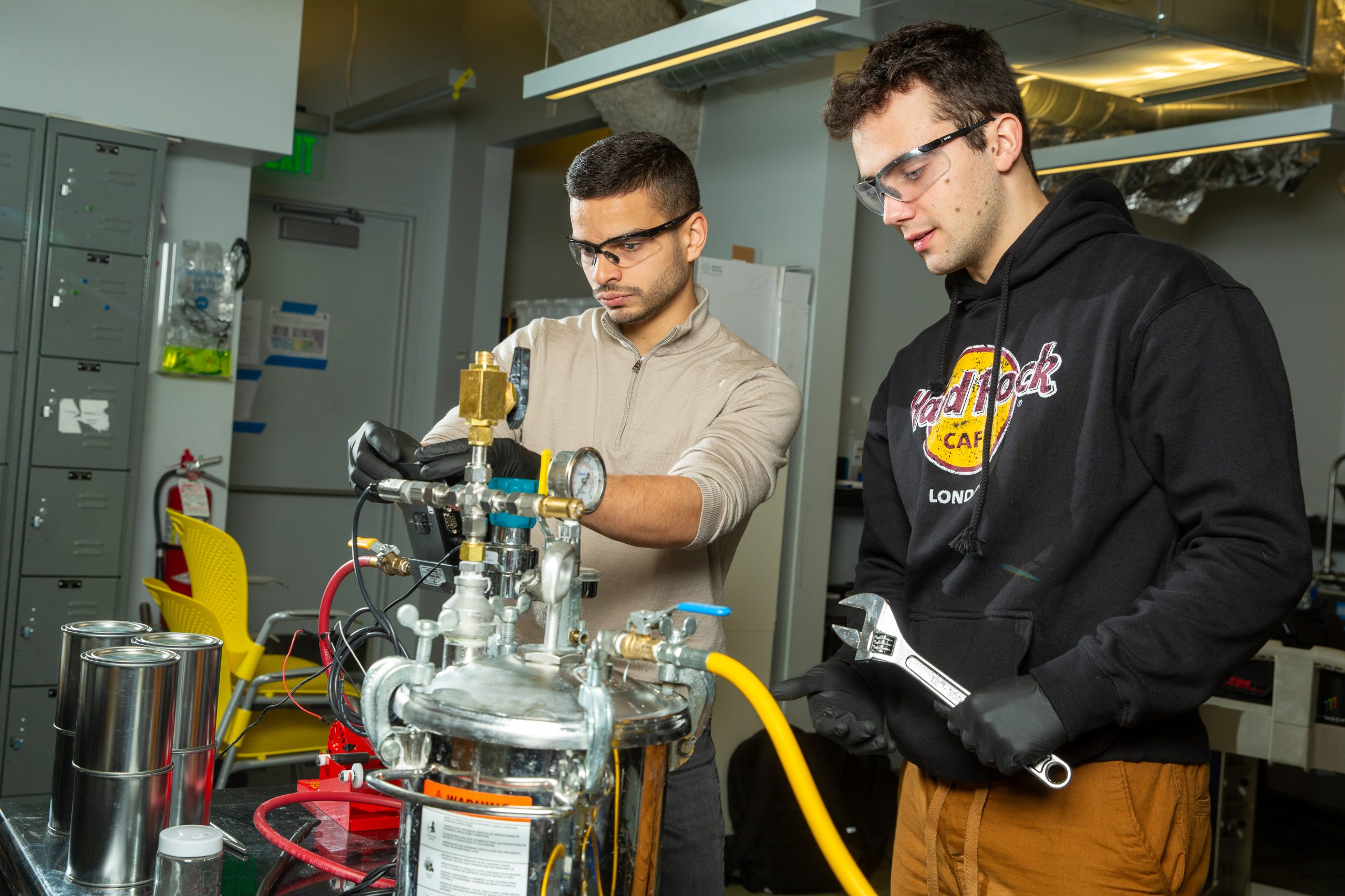Altruism is acting out of concern for another’s well-being. Often, people behave altruistically when they see others in desperate circumstances and feel empathy and a desire to help. But when, and how, does that spirit of giving start? Well, new evidence shows that it may actually begin as early as our infancy.
After studying nearly 100 19-month-old infants, a group of researchers discovered that the babies were quick to share their food with researchers, even when they themselves were undoubtedly hungry.
Using baby fruit favorites such as blueberries, bananas, and grapes, the study tested whether the infants would spontaneously, without being asked, give their food to a total stranger.
Sitting across from the adult, each baby was shown a piece of fruit that was then gently tossed onto a tray on the floor within the child’s reach but beyond that of the researcher’s. When the researcher appeared to toss the fruit accidentally and then tried unsuccessfully to reach for it, more than half of the participant babies picked up the fruit and gave it to the adult.
The same altruistic behavior was observed in another experiment that was set up with a different group of 19-month-old babies. In this case, however, the babies were tested at their snack or meal time, when they were typically hungry. More than a third of the test group who believed the adult was hungry picked up the fruit and gave it away.
Further, researchers found that children with siblings and from certain cultural backgrounds were especially likely to help the adult, indicating that the expression of infant altruism is malleable.












